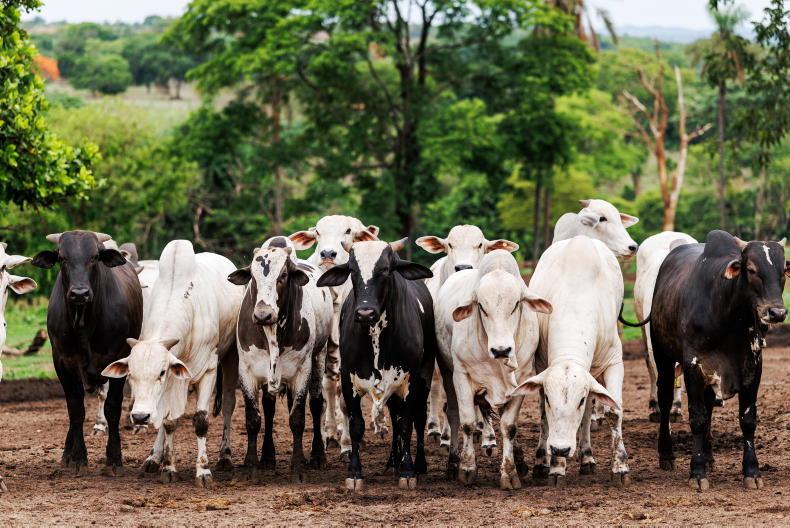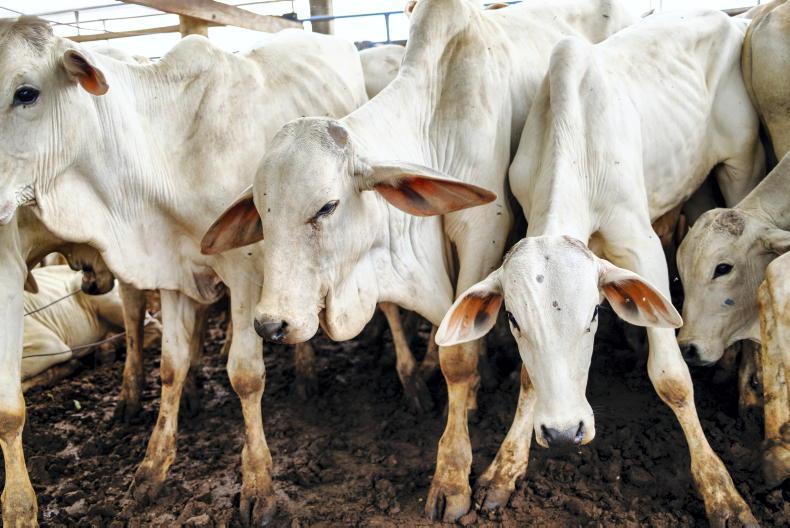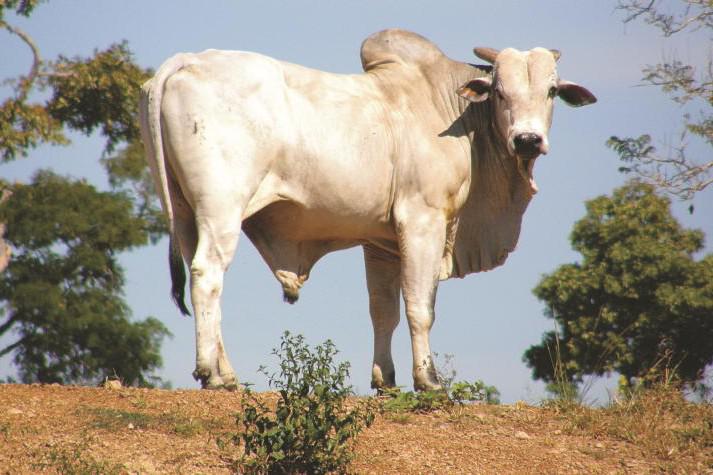It’s less than a year since Dilma Rousseff was formally impeached as President of Brazil and already the country is once again mired in another corruption scandal. However, even by Brazilian standards the series of events that has unfolded over recent weeks is jaw-dropping.
The latest crisis in Brazil kicked off when seven senior executives at JBS, the world’s largest meat processor, entered into a plea bargain with Brazilian prosecutors relating to bribery and corruption charges. Brothers Joesley and Wesley Batista, who are the controlling shareholders in JBS, admitted to paying up to €165m in bribes in recent years to Brazilian politicians and officials.
The initial agreement between both sides saw the seven executives at JBS pay €62m in fines and agree to co-operate with Brazilian prosecutors in their corruption investigation, known as Operation Car Wash.
Cooperation
It’s unclear how long JBS executives have been cooperating with Brazilian prosecutors but in the last number of weeks the fruits of this cooperation have come to light and have sent shockwaves through Brazilian political circles and financial markets.
At first, photos were leaked of a Brazilian lawmaker allegedly handling almost €135,000 in cash that he had received from one of the JBS executives now working with the Operation Car Wash investigation. The following day, Brazil’s Supreme Court released a video of Wesley and Joesley Batista in which the brothers are seen giving detailed evidence as to how they had paid millions of dollars in bribes to politicians, lawmakers and finance executives, including former president’s Dilma Rousseff and Lula da Silva.
While these revelations were alarming, nothing was to compare to the firestorm created when it emerged Joesley Batista, chair of JBS, had secretly recorded on tape a conversation between himself and Brazil’s current President Michel Temer.
Secret recording
In the recorded conversation from March this year, Temer is alleged to have endorsed the payment of bribes to a former lawmaker who is now jailed. The emergence of this tape has sent shockwaves through Brazilian politics, prompting calls for Temer to resign as President.
The revelations have also sent a shudder through financial markets with the Brazilian stock exchange, Ibovespa, giving up major losses last week, while Brazil’s currency (real) plunged to its weakest point since December.
Shares in JBS also declined by more than a third on the back of the news.
JBS moved to stem losses this week as it announced the resignation of Joesley Batista as chair of the company. Batista will be replaced by Tarek Farahat, a former executive at Proctor & Gamble.
His brother Wesley Batista will continue as chief executive at JBS despite the plea agreement with prosecutors.
Negotiations
While the seven executives at JBS have already agreed a plea bargain, a corporate fine remains to be agreed between JBS and investigators, with negotiations ongoing. J&F Investments, the holding company owned by Wesley and Joesley Batista that controls JBS, has agreed to pay a fine close to €3bn.
Brazilian authorities say the fine would represent 6% of JBS revenues in 2016 and almost two-thirds (64%) of operating profits. Prosecutors argue they are entitled to seek fines up to 10% of revenues, but in light of “effective collaboration” in the investigation by JBS executives it had reduced the fine on offer.
Aside from the endemic corruption, the events over the last fortnight have given some insight into how JBS has engineered its meteoric rise to become the world’s largest meat processor.
It is now clear that the Batista brothers have paid millions in bribes to receive loans from Brazil’s state-run economic bank (BNDES) at rock bottom interest rates.









SHARING OPTIONS